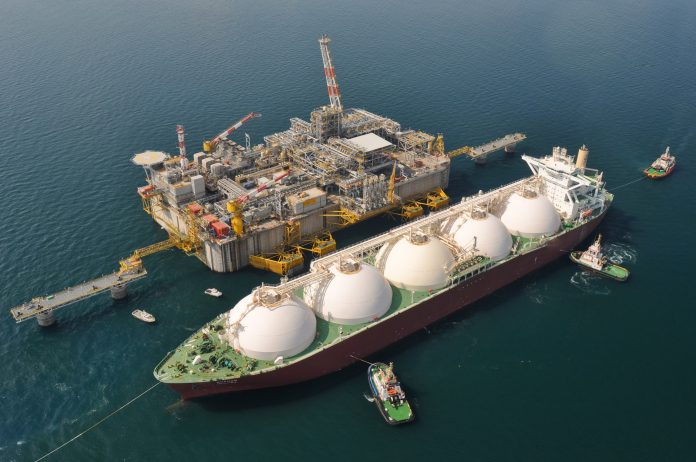ISLAMABAD/LONDON: Exxon Mobil has pulled out of a major project in Pakistan, in a potential blow to plans to boost imports of liquefied natural gas (LNG) after years of winter shortages.
Differences among the six-member group behind the project in Port Qasim in Karachi mean French oil major Total and Japan’s Mitsubishi may also quit and join a rival scheme, government officials and industry sources told.
A senior Pakistani government official put the chances of success for the project, set to be Pakistan’s third and biggest by import capacity, at 10-20 percent due to the disagreements.
A highly-developed pipeline grid, extensive industrial demand and the biggest natural gas-powered vehicle fleet in Asia after China and Iran make Pakistan an easy fit for LNG and official estimates show imports could jump fivefold to 30 million tonnes per annum (mtpa) by 2022.
The new project would include a floating storage and regasification unit (FSRU), where LNG will be converted back into gas for feeding into the country’s grid.
Qatar Petroleum, the world’s biggest LNG producer, Turkish developer Global Energy Infrastructure Limited and Norway’s Hoegh LNG, which will provide the FSRU, are the other partners.
While Exxon has pulled out, the U.S. company was now negotiating to join a separate project, Hasil Bizenjo, Pakistan’s Maritime Affairs minister in charge of ports, said.
“They are thinking to build a new terminal in Port Qasim,” Bizenjo said in the Pakistan capital Islamabad, adding that Mitsubishi and Total were also in talks about taking stakes in another consortium.
Exxon was pulling out because it had “issues with partners”, particularly the developer, GEIL, one energy official said. Exxon’s move leaves in doubt a multi-billion-dollar deal Qatar has already struck with GEIL for the sale of up to 2.3 million tonnes of LNG annually over 20-years.
Exxon Mobil, Total and GEIL declined to comment, while a Mitsubishi spokesman said that the Japanese company has been continuing its talks with partners over the project.
Qatar Petroleum did not respond to requests for comment.
NEW INVESTORS?
LNG imports have transformed Pakistan’s energy map since the country’s first import facility was introduced in 2015.
If the second LNG terminal proceeds without glitches the South Asian nation will not suffer winter gas shortages for the first time in more than 10 years, energy officials say, in a likely boost for Prime Minister Shahid Abbasi’s ruling party before the next general elections, due in mid-2018.
Government officials and industry sources said talks are underway to bring new players into the project, including Swiss trading house Vitol, which declined to comment.
Rival traders Trafigura and Gunvor are already developing LNG projects in Pakistan, betting the country will account for a rising share of future profits and LNG trade.
Pakistan plans to add its second LNG import terminal by the end of this year, but private companies have proposed building six more largely around Port Qasim.




